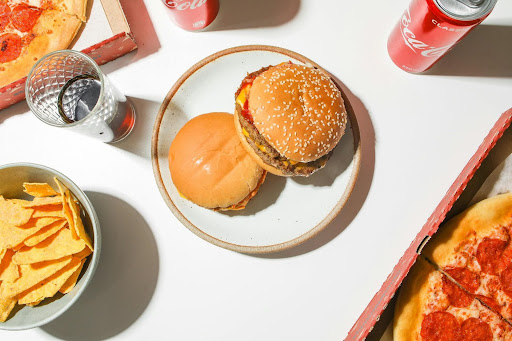3. Manage Stress Mindfully
Stress releases cortisol, a hormone that, when chronically elevated, promotes inflammation. Meditation, breathwork, journaling, or a nature walk can shift your body back to calm.
4. Prioritise Sleep
Sleep is when your body repairs itself and clears out waste (including inflammatory compounds). Aim for 7–9 hours, and keep electronics out of the bedroom.
5. Consider Nutritional Support Used by Researchers
This is where Pure Quercetin comes in.
Introducing Pure Quercetin: Nature’s Anti-Inflammatory Powerhouse
Quercetin is a flavonoid (a natural plant compound) with powerful anti-inflammatory and antioxidant properties. But most dietary sources provide too little to make a meaningful difference.
That’s why Pure Quercetin from DoNotAge.org has become a key ingredient used by longevity researchers in clinical trials.
Unlike generic supplements, DoNotAge.org doesn’t just sell “products”. It’s a Health Research Organisation. Every ingredient is selected, tested, and used in global research to advance health, not hype.
“We lead clinical trials to understand the mechanisms of ageing and provide health-first solutions backed by real science.”
No fillers. No shortcuts. No compromises.
Why Quercetin Matters for Inflammation and Healthy Ageing
Recent studies have shown that quercetin can:
- Lower C-reactive protein (CRP): a key biomarker for chronic inflammation
- Block inflammatory cytokines (like IL-6 and TNF-alpha)
- Protect brain cells from oxidative damage
- Help remove senescent cells which not only create inflammation but also trigger it in neighbouring cells
In short: quercetin helps your cells stay calm, clean, and functional, reducing the root causes of age-related decline.
Control the Fire Before It Controls You
Inflammation may be silent, but its impact is profound. Left unchecked, it chips away at your energy, clarity, and resilience. But by understanding how it works and taking action to address it you can rewrite your health story at any age.
Remember:
- Inflammation is manageable.
- Your daily choices matter.
- And you’re not alone. Health-first research is on your side.
If you’re ready to support a healthier inflammatory response and protect your body from the inside out…
Explore Pure Quercetin at DoNotAge.org: the ingredient trusted by longevity experts and used in real clinical research.
References
- Boots, A. W., Haenen, G. R., & Bast, A. (2008). Health effects of quercetin: from antioxidant to nutraceutical. European Journal of Pharmacology, 585(2-3), 325–337.
- Russo, M., Spagnuolo, C., Tedesco, I., & Russo, G. L. (2012). Phytochemicals in cancer prevention and therapy: truth or dare? Toxins, 2(4), 517–551.
- Sordillo, J. E., & Hoffman, E. B. (2019). Anti-inflammatory effects of quercetin: from mechanisms to clinical applications. Journal of Clinical Biochemistry and Nutrition, 64(3), 163–168.









